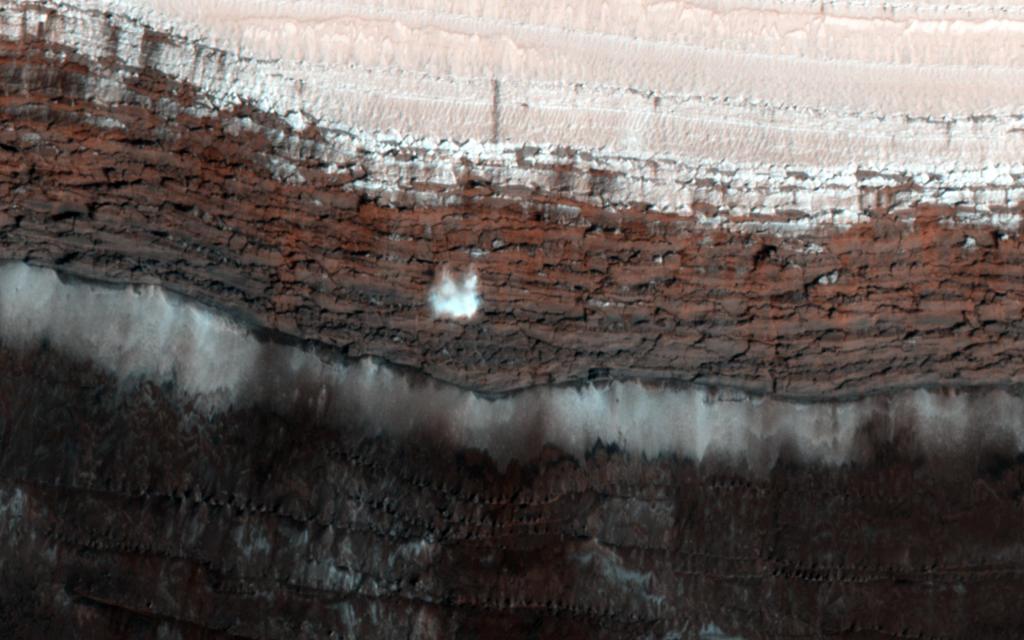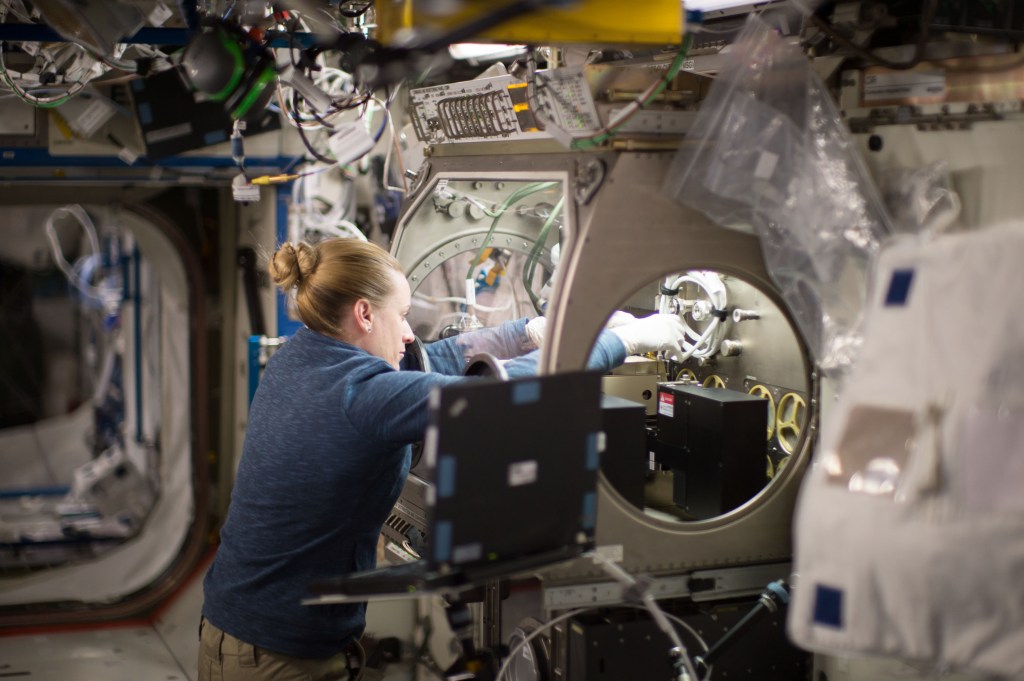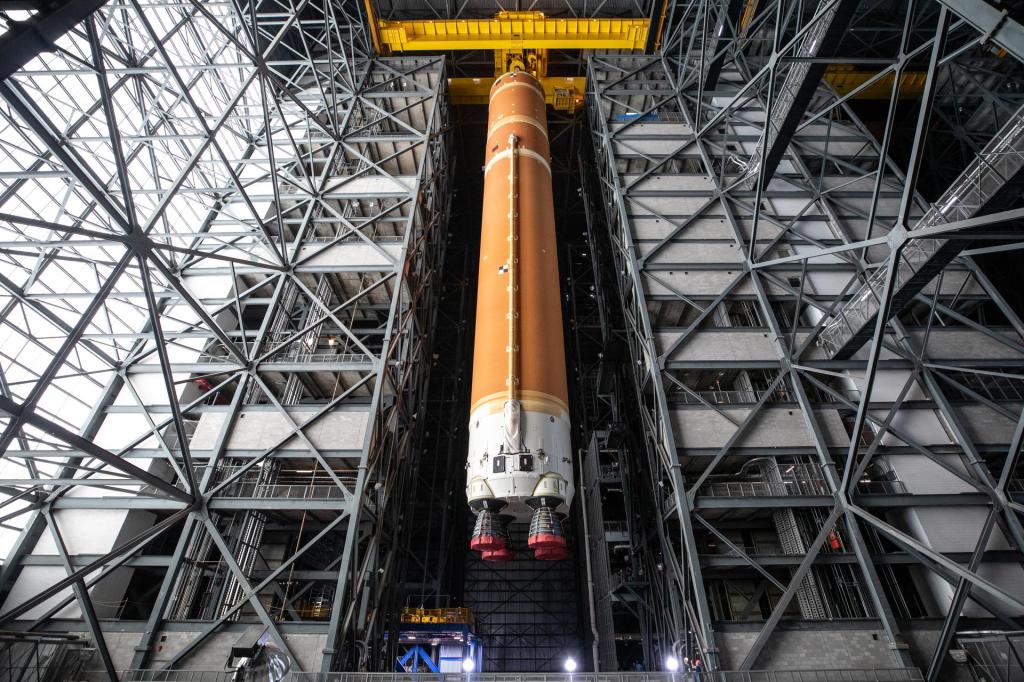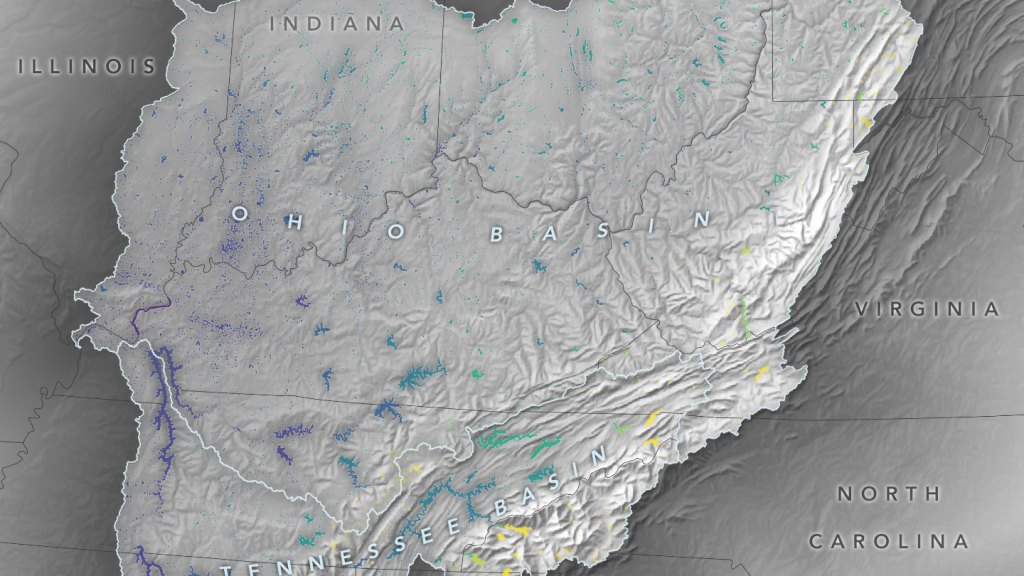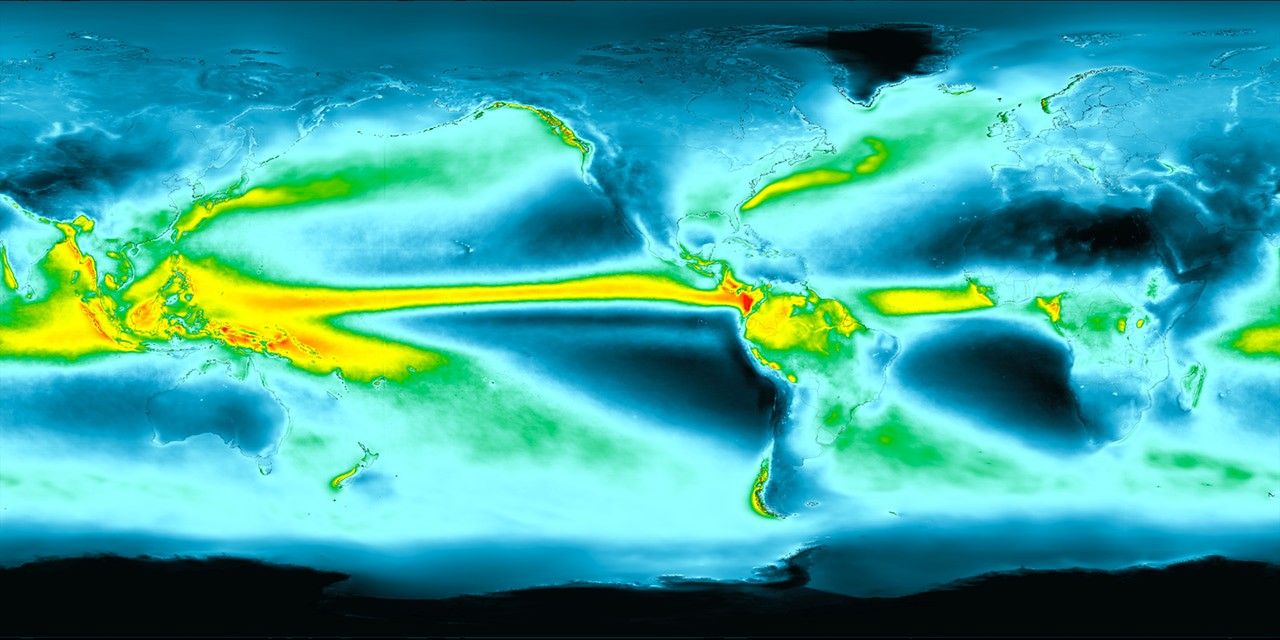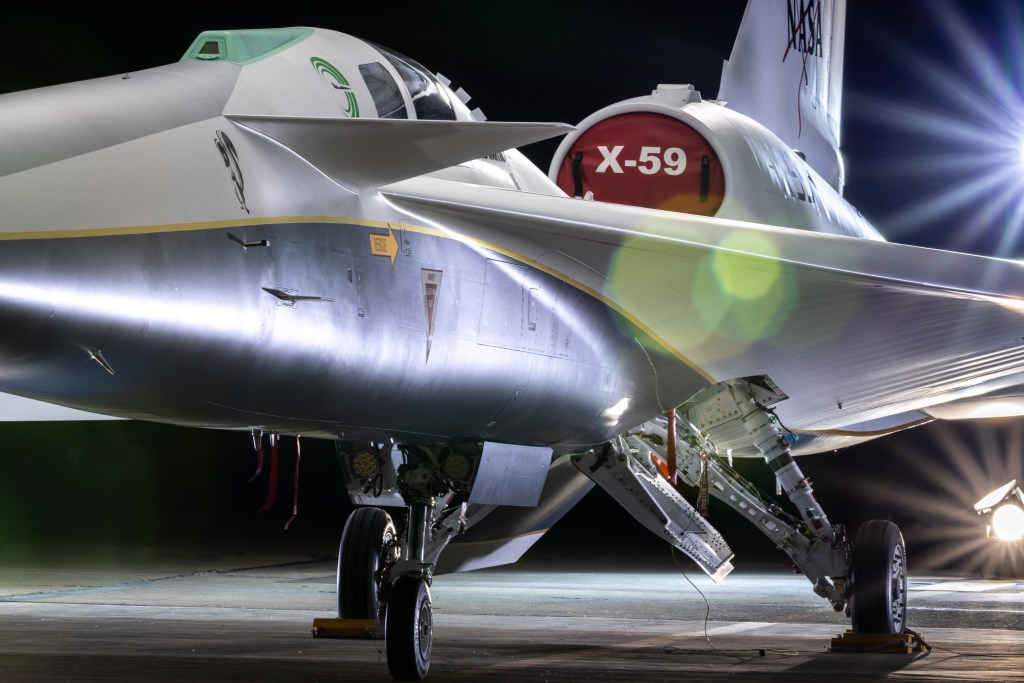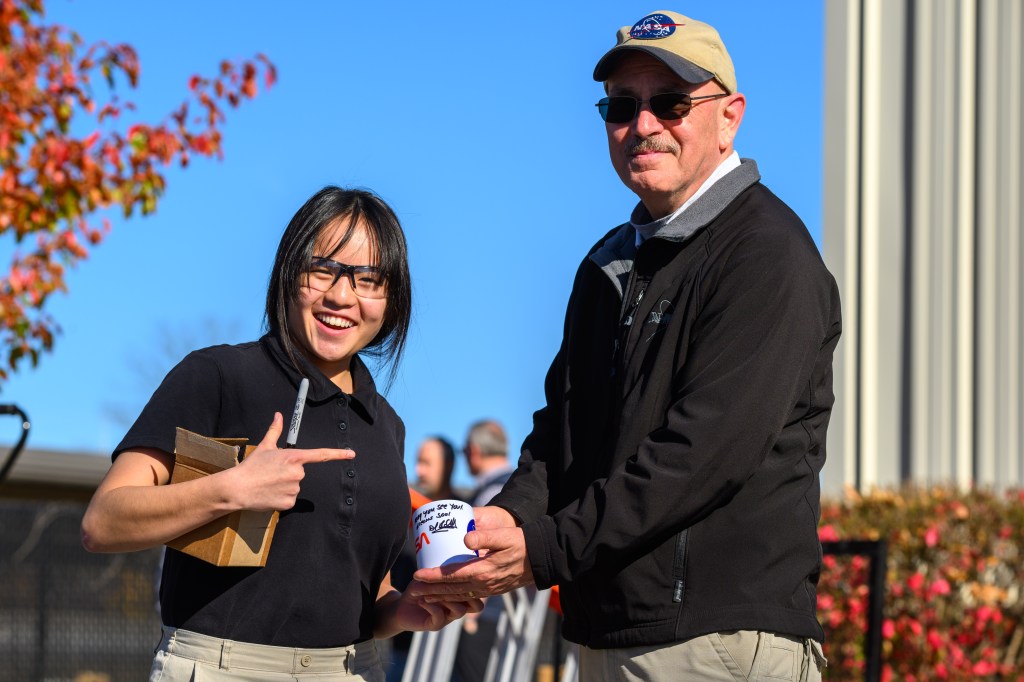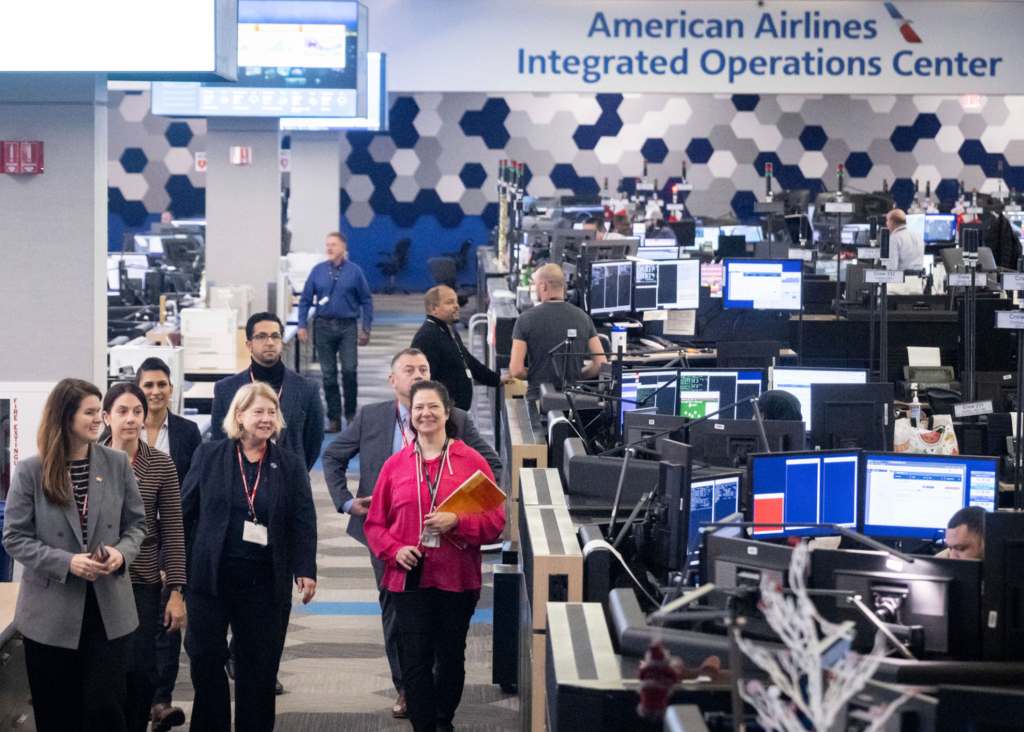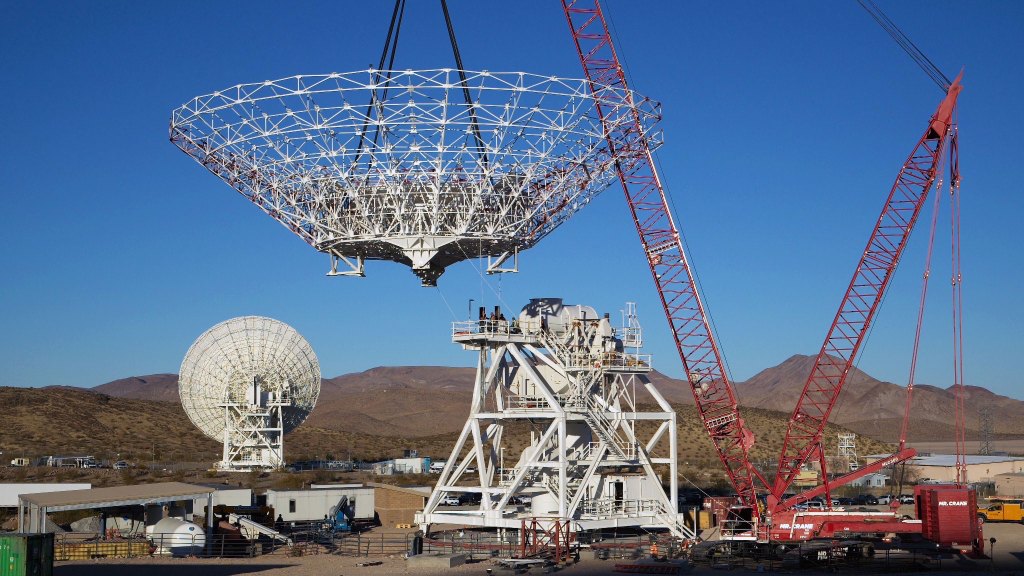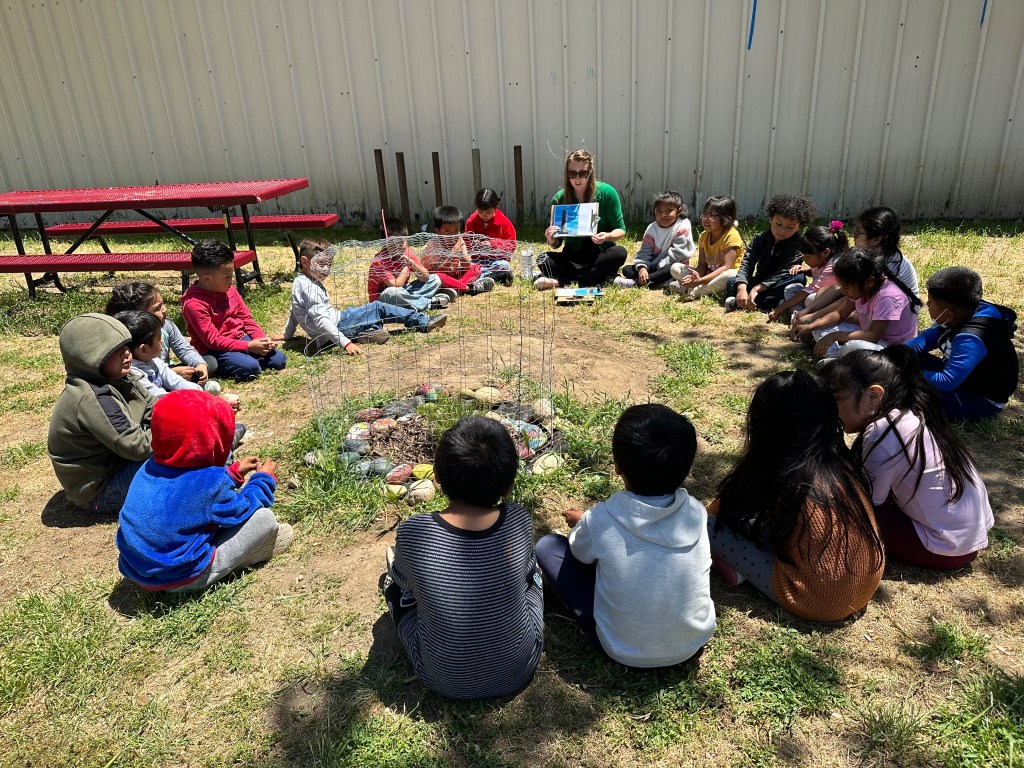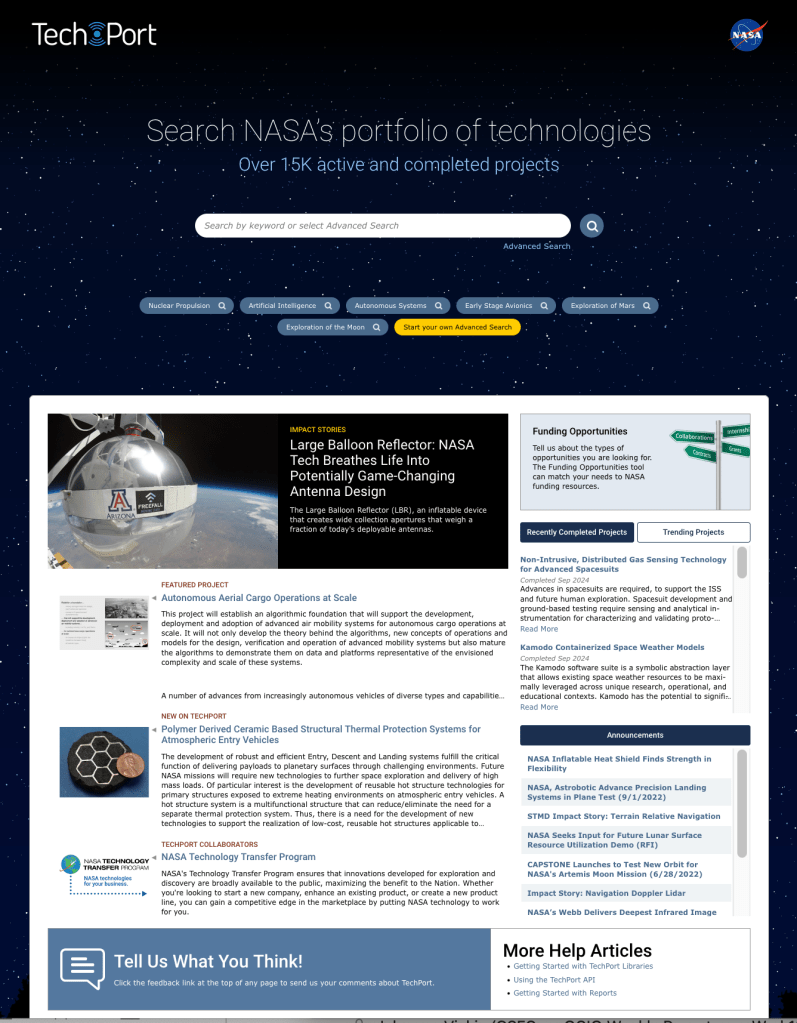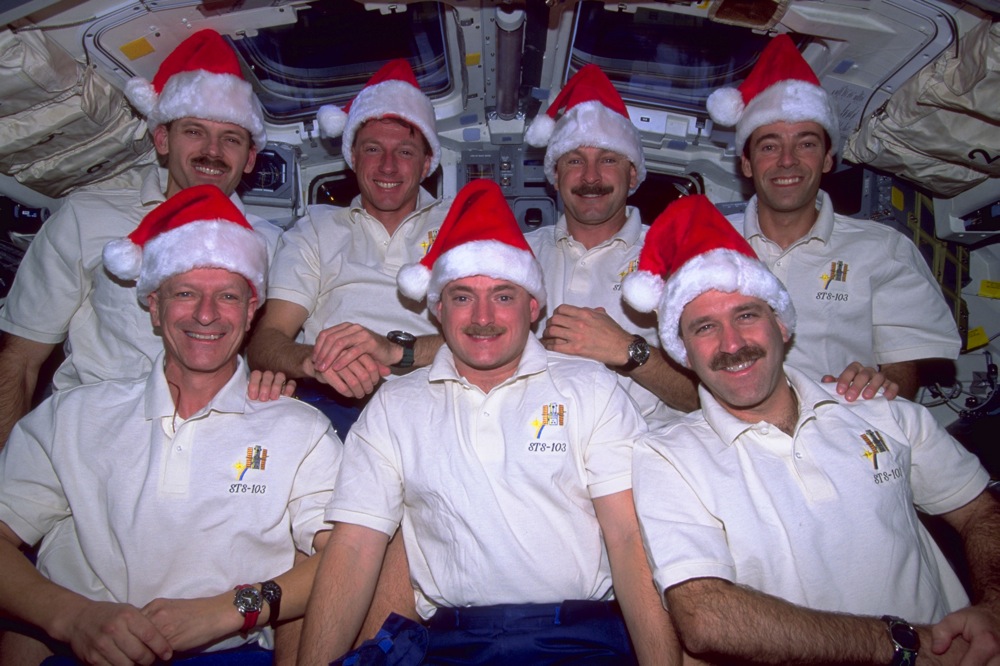About FPD
Goddard’s Flight Projects Directorate (FPD) manages the implementation, maintenance, and operations of end-to-end space architectures, including mission operations, tracking, and data acquisition services for missions supported by GSFC. FPD assures that a strong and consistent program and project management approach is implemented on all projects including the establishment of overall requirements, design reviews, systems analysis, appropriate pre-launch test programs, and science data delivery from operational systems.
LEADERSHIP
Our Commitments
- Extend and sustain human activities across the solar system
- Expand scientific understanding of the Earth and the universe in which we live
- Create the innovative new space technologies for our exploration, science, and economic future
- Enable program and institutional capabilities to conduct NASA’s aeronautics and space activities
- Share NASA with the public, educators, and students to provide opportunities to participate in our Mission, foster innovation, and contribute to a strong national economy
Service Quality Functions
- Leadership Provide vision, context and enable performance to achieve customer needs
- Technical Experts Form and direct team of technical experts required for program/project formulation and implementation. Develop and train a workforce to meet growing needs
- Development Manage mission formulation and implementation for both in-house and contractual solutions
- Monitoring and Guidance Assess project’s performance, providing value-added guidance to increase consistency, effectiveness, timeliness of delivery and ensure responsibility and accountability
- Advocacy Liaise with external stakeholders (NASA HQ, Mission Directorates, other Agencies, industrial partners) on behalf of flight projects
- Standards Execute project activities in accordance with the GSFC Quality Management System, ISO 9001 standards, and Agency Policy
- Mission Support Provide mission support services for Space and Earth Science Flight Projects and Missions (e.g., launch services, communications networks, and mission operations)
- Knowledge Management Recognize, collect, represent, and enable the delivery of and adoption of insights and experiences that will improve performance
Operating Standards
FPD has defined nine operating standards to lead to breakthroughs in performance in all aspects of FPD project management. These standards are used as metrics to verify that FPD goals and objectives are being achieved.
We Listen for Others’ Needs, Commitments, and Shared Interests – We listen before we speak. We notice if we might already be making conclusions about what is being said before the other person finishes speaking and take action to listen thoughtfully and fully. We listen for, and acknowledge, the speaker’s needs and commitments. We listen for and discuss shared interests. We do not assume we know what matters most to others and we do not presume we have all the answers (or questions).
We are Open in Communication – We are open, honest, and trustworthy. We tell the whole truth in such a way that our statements can be verified. We let people know where we stand. We use simple language and we do not manipulate language to distort facts or spin the truth. We err on the side of disclosure and acknowledge tough realities.
We Make or Accept Clear Requests and Offers – We communicate our expectations (including timelines) when making request and offers. We discuss and validate requests and offers. We accept, decline, or renegotiate (counter-propose) when necessary (if possible) until agreement about expectations is clear and shared by all parties. We fulfill our agreements in all requests and offers. We agree on a process for maintaining the agreement.
We Honor Agreements – We do what we say we are going to do, when we say we are going to do it. When we cannot keep our agreement, we seek to renegotiate as soon as we become aware we cannot keep the agreement. We apologize for any inconvenience we may have caused, make restitution as necessary, and renegotiate any new agreement that needs to be made.
We Stop Blaming and Complaining and Offer Solutions – When we notice blaming and complaining, we acknowledge it and offer solutions, possibly making a request to someone who can make a difference. We keep the solution moving forward. We do not disparage others or other organizations, participate in gossip or rumors, or disclose others’ private information. We speak about people as if they were present.
We Express Authentic Appreciation– We acknowledge and appreciate contributions of others in a timely manner.
We get out of the Stands and onto the Field – When we see something that needs to be done, we do it. We identify and acknowledge issues and work them without waiting for someone else to notice and fix them. We address issues directly, even things we think are difficult to discuss and tackle.
We Accept Obstacles as Part of the Game – When we acknowledge that there are obstacles we will need to accept, we do our best to deal with them as a normal course of our job. We optimistically work with obstacles instead of complaining about them.
We Operate with Diversity as Central to our Success – We recognize and appreciate the diversity of our workforce. We respect, value, and celebrate the unique cultures, personalities, skills, abilities, and perspectives of each person. We foster an inclusive environment that brings diverse individuals together that allows us to collaboratively and effectively address the challenges we face.
Program/Project Planning and Control
Program/project planning and control (PP&C) spans various technical and programmatic disciplines to include schedule, cost, earned value, risk, and configuration management, as well as project coordination, reporting, performance analysis, training, and business operations.
As a continuous learning organization, FPD conducts comprehensive evaluations of PP&C methods to continue to refine and implement best practices to improve cost, schedule, and overall performance of the portfolio, The consistent application of best practices enables FPD to consistently fulfill commitments.
Programs, Projects, Project Lifecycle and Phases
What is a Program?
A NASA Goddard Flight Project Program may comprise multiple projects and may continue indefinitely. Programs are designed to pursue a broad scientific or technical goal. (Programs are generally HQ-managed functions.)
FPD Programs include the Living With a Star (LWS) program and Geostationary Earth Orbit (GEO) program, which is a National Oceanic Atmospheric Administration (NOAA) program but is managed at Goddard in FPD.
What is a Project?
A defined time- and cost-controlled activity with clearly established objectives and boundary conditions executed to gain knowledge, create a capability, or provide a service. (Projects are generally Center-managed functions.) A project is “a temporary endeavor undertaken to create a unique product, service, or result.”
Projects and project organizations are explicitly designed to end when the project is complete. Project organization is limited in scope and focuses on a specific (and unique) product, service, or result. We often have to work hard to ensure that it does not grow beyond that scope. “Success” for a project organization is accomplishing technical objectives and completion of the task on time and on budget. FPD projects include the Ice, Cloud, and Land Elevation Satellite (ICESat)-2 project and Neutron star Interior Composition ExploreR (NICER) project.
Lifecycle Phases
- Pre-Phase A – Concept Studies
- Phase A – Concept and Technology Development
- Phase B – Preliminary Design and Technology Completion
- Phase C – Final Design and Fabrication
- Phase D – System Assembly, Integration & Test, Launch
- Phase E/F – Operations and Closeout
* NASA Procedural Requirement (NPR) 7120.5F NASA Space Flight Program and Project Requirements


